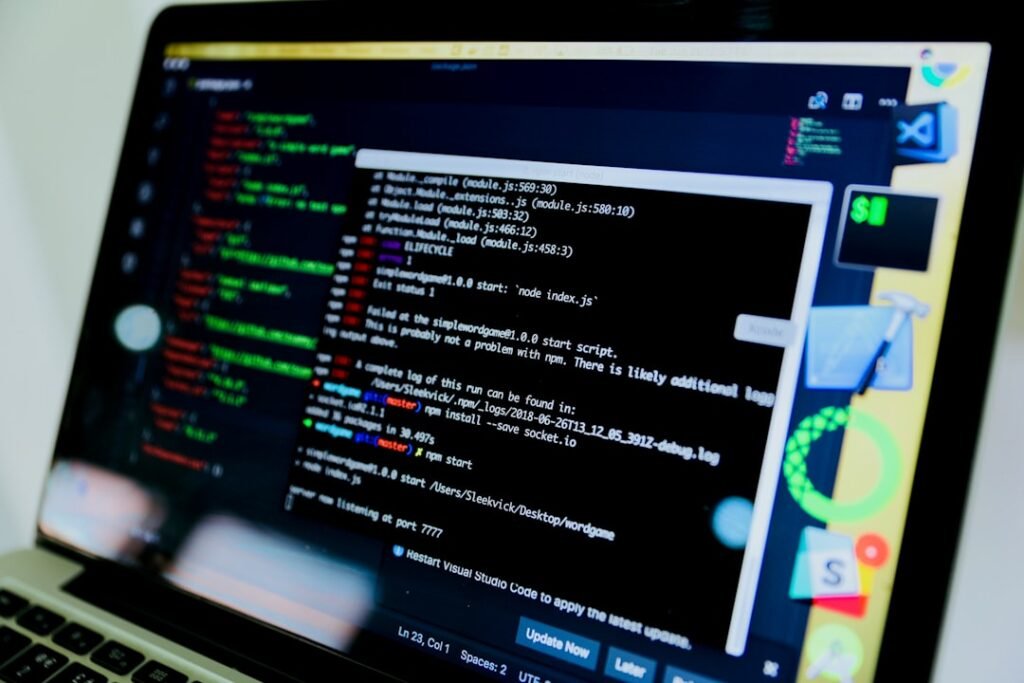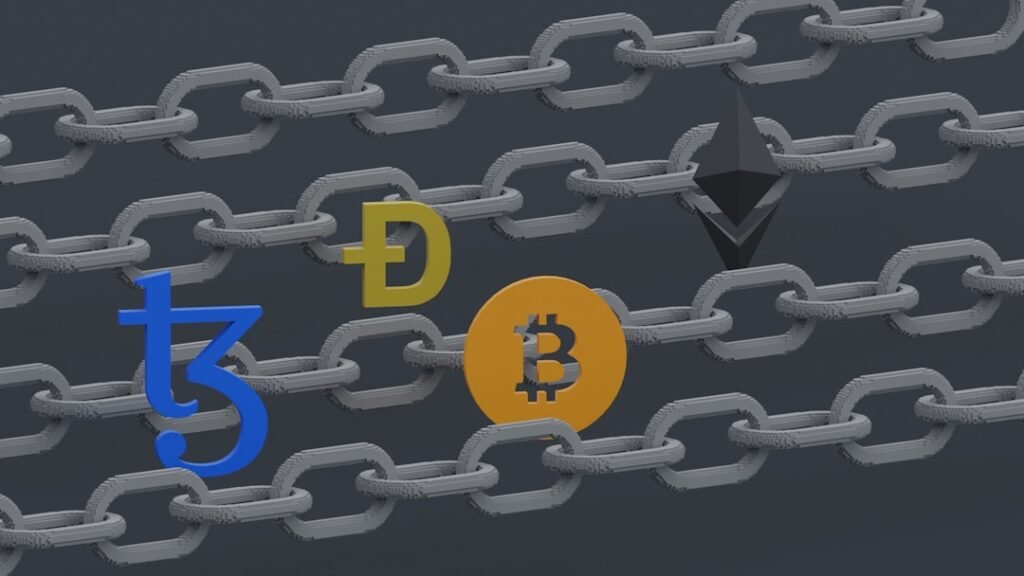# Private Keys: The Unforgiving Lifeline of Your Cryptocurrency Fortune
In the high-stakes world of cryptocurrency, **your private key isn't just important—it is everything**. Lose it, and your digital fortune vanishes into the blockchain void, forever inaccessible. Forget the complex jargon for a moment: Your private key is the **absolute, unforgiving proof of ownership** for every Bitcoin, Ethereum, or altcoin you hold. Understanding and securing this critical piece of data isn't optional; it's the fundamental survival skill for navigating the crypto landscape.
## What *Is* a Private Key? Your Cryptographic Master Key
* **The Core Definition:** A cryptocurrency private key is an astronomically large, randomly generated alphanumeric code. Typically expressed as a 64-digit hexadecimal number (using characters 0-9 and A-F), it represents one of 2^256 possible combinations – a number so vast it defies comprehension and brute-force cracking with current technology.
* **Your Digital DNA:** Think of it as the unique, secret DNA of your crypto ownership. It's generated by your cryptocurrency wallet when you first set it up.
* **The Ultimate Authority:** This key has one supreme, non-negotiable function: **to authorize transactions** on the blockchain. Signing a transaction with your private key cryptographically proves you own the associated funds and intend to send them. It is your sole means of control.
* **The Irreversible Link:** Crucially, your **public key** (and subsequently, your public wallet address) is mathematically *derived* from your private key using complex one-way cryptographic algorithms (like Elliptic Curve Cryptography). While generating the public key from the private key is trivial, reversing the process – finding the private key from the public key or address – is computationally impossible. This asymmetry is the bedrock of blockchain security.
## Why Your Private Key is Your Absolute Lifeline (and Its Greatest Vulnerability)
1. **Proof of Ownership:** On the decentralized blockchain, there's no customer service department. Your private key is the **only cryptographic proof** that you own the assets associated with your public address. Without it, you cannot demonstrate ownership, period.
2. **Transaction Authorization:** Every outgoing transaction – sending crypto, interacting with DeFi protocols, minting NFTs – **requires a digital signature created using your private key**. No key, no transaction. No exceptions.
3. **Complete and Irrevocable Control:** Possession of the private key equals absolute control over the associated funds. **Anyone** who possesses your private key gains full, irrevocable access to move all assets linked to it. They *become* the owner in the eyes of the blockchain.
4. **The Zero Recovery Reality:** This is the most critical, often brutal, truth: **If your private key is lost, your cryptocurrency is lost forever.** There is no "Forgot Password?" link. No central authority can recover it for you. The assets remain on the blockchain, visible at the public address, but utterly frozen, eternally out of reach. Estimates suggest billions of dollars worth of crypto are permanently locked due to lost keys.
5. **The Target for Theft:** Precisely because it grants total control, your private key is the prime target for hackers, scammers, and thieves. Malware, phishing attacks, insecure storage, and social engineering all aim to steal this single piece of information.
## How Private Keys Work: The Invisible Hand Behind Every Transaction
1. **The Key Pair:** Your wallet software generates a mathematically linked **private key** and **public key**.
2. **The Address:** Your public key is further processed (hashed) to create your public wallet **address** (e.g., `1A1zP1eP5QGefi2DMPTfTL5SLmv7DivfNa`). This is what you share to receive funds.
3. **Initiating a Send:** When you want to send crypto, your wallet software constructs the transaction details (amount, recipient address, fees).
4. **The Digital Signature:** Your wallet software uses your **private key** to cryptographically **sign** this transaction data. This signature is unique to both the specific transaction details and your private key.
5. **Broadcast & Verification:** The signed transaction is broadcast to the blockchain network.
6. **Public Key Verification:** Network nodes (miners/validators) use the **public key** associated with the sender's address to verify the digital signature. The mathematics confirms that:
* The signature was created by the holder of the corresponding private key (authenticity).
* The transaction data has not been altered since it was signed (integrity).
7. **Block Confirmation:** Once verified, the transaction is included in a block and added to the blockchain. The funds move from your address to the recipient's.
**The Analogy:** Imagine your public address is a locked, transparent mailbox on a public street (the blockchain). Anyone can see it and drop letters (crypto) inside. The **private key** is the *only* physical key that opens the mailbox to retrieve the contents. The mail carrier (the network) can see mail has arrived but cannot open the box without your key. If you lose the key, the mail is trapped forever. If someone steals your key, they can steal your mail.
## Storing Your Private Keys: The Critical Battle for Security
How you store your private key directly determines the security of your crypto assets. The core principle is minimizing exposure to online threats ("hot" environments) while ensuring you can access it when needed. Here are the primary methods, categorized by risk:
| **Storage Method** | **Type** | **How It Works** | **Security Level** | **Pros** | **Cons** |
| :----------------------- | :-------------- | :------------------------------------------------------------------------------- | :----------------- | :--------------------------------------- | :----------------------------------------------------------------------- |
| **Hardware Wallets** | Cold Storage | Dedicated offline devices (USB, Bluetooth). Keys generated & stored offline. Signs transactions internally. | ★★★★★ (Highest) | Immune to online hacks. Portable. Secure element chips. | Cost involved. Physical device can be lost/damaged (backup phrase vital). |
| **Paper Wallets** | Cold Storage | Private key & public address printed as text/QR codes on paper. Physically secured. | ★★★★☆ | Completely offline. Very low cost. | Paper can be lost/damaged (fire/water). Vulnerable to physical theft. Manual entry risks. |
| **Metal Backups** | Cold Storage | Seed phrase stamped/etched onto fire/water-resistant metal plates. | ★★★★☆ | Extremely durable. Protects against physical damage. | Cost. Still vulnerable if location is compromised. |
| **Non-Custodial Software Wallets** | Hot Wallet | Apps (desktop/mobile). Keys stored encrypted *on the device*. | ★★☆☆☆ | Free. Very convenient for frequent use. | Device is online = vulnerable to malware, hacks, phishing. Device failure risk. |
| **Custodial Wallets (Exchanges)** | Hot Wallet | Exchange holds your keys. You access via username/password/2FA. | ★☆☆☆☆ (Lowest) | Very user-friendly. Recovery options. | "Not your keys, not your crypto." Exchange hack/insolvency risks. Limited control. |
### Key Storage Considerations
* **Seed Phrases (Recovery Phrases):** Most modern wallets (especially non-custodial software and hardware wallets) don't force you to manage the raw private key directly. Instead, they generate a **12, 18, or 24-word mnemonic seed phrase** (based on the BIP39 standard). **This seed phrase is the master key!** It mathematically generates *all* the private keys (and thus addresses) in that wallet. **Backing up this seed phrase securely (offline, multiple copies, secure locations) is paramount.** Losing it has the same catastrophic effect as losing an individual private key.
* **The Custodial vs. Non-Custodial Divide:**
* **Non-Custodial:** *You* hold the private keys (or seed phrase). You have full control and responsibility (e.g., MetaMask, Trust Wallet, Ledger, Trezor). **Maximum control, maximum responsibility.**
* **Custodial:** A third party (like Coinbase, Binance, Kraken) holds the private keys for you. You access your funds through their platform with a username/password, often with 2FA. **Convenient, but you rely entirely on their security and solvency.** Remember the adage: **"Not your keys, not your crypto."**
* **Multi-Signature (Multisig):** An advanced security method requiring multiple private keys (e.g., 2 out of 3) to authorize a transaction. This distributes control and significantly increases security against single points of failure (like one key being lost or stolen). Often used by businesses or for highly secure personal storage.
## Protecting Your Private Keys from Theft: Non-Negotiable Best Practices
Securing your private keys requires constant vigilance. Here's your essential security protocol:
1. **Never, Ever Share It:** Your private key (and seed phrase) should **never** be typed into a website, sent via email/message, shared over the phone, or given to anyone claiming to be "support." Legitimate entities will NEVER ask for it.
2. **Beware of Phishing:** Be hyper-vigilant about emails, messages, or fake websites impersonating wallets, exchanges, or NFT projects designed to trick you into entering your seed phrase or private key. **Always double-check URLs and sender addresses.** Bookmark important sites.
3. **Secure Your Seed Phrase:** This is your lifeline.
* **Write it down by hand** on durable paper. Avoid printers that might store the data.
* **Store multiple copies** in separate, secure, offline locations (e.g., home safe, safety deposit box). Consider geographically separate locations for disaster recovery.
* **Use a metal backup** (like Cryptosteel or Billfodl) for fire/water resistance.
* **NEVER** store it digitally: No photos, cloud storage (Google Drive, iCloud, Dropbox), text files, emails, or password managers. These are prime hacker targets.
4. **Prioritize Cold Storage:** For significant holdings or long-term storage ("HODLing"), **use a reputable hardware wallet**. It keeps keys offline and signs transactions internally. This is the gold standard for private key security.
5. **Fortify Your Digital Hygiene (For Hot Wallets):**
* Use strong, unique passwords for your wallet software and exchange accounts.
* **Enable Two-Factor Authentication (2FA)** everywhere possible. **Use an authenticator app (like Google Authenticator or Authy), NOT SMS.** SMS is vulnerable to SIM-swapping attacks.
* Keep your operating system, wallet software, and antivirus/anti-malware software rigorously updated.
* Be cautious of downloads, browser extensions, and links. Only install software from official sources.
* Consider using a dedicated device (or secure environment) purely for crypto transactions.
6. **Beware of Physical Threats:** Protect your hardware wallet, paper backups, and any devices with hot wallets from physical theft or damage. A safe is a wise investment.
7. **Verify Addresses Meticulously:** Always double-check (and triple-check) the recipient address before sending crypto. Malware can alter copied addresses. Verify the first and last few characters *and* use a known good source for comparison if possible. Consider sending a small test transaction first.
8. **Stay Skeptical and Educated:** The crypto space evolves rapidly, and so do attack vectors. Continuously educate yourself on new security threats and best practices.
## The Unforgiving Bottom Line
In the decentralized realm of cryptocurrency, **your private key is the absolute linchpin of security and ownership.** It grants unparalleled control but demands unparalleled responsibility. There is no safety net, no recourse for loss, and no mercy for theft. Understanding its function is step one. Implementing ironclad security practices around its generation, storage, and usage is the non-negotiable step that separates those who thrive in crypto from those who suffer devastating losses.
**Your crypto fortune lives and dies by the security of your private key. Guard it with the utmost seriousness, because the blockchain certainly won't forgive a mistake.**












